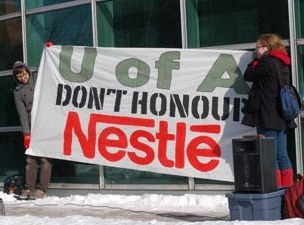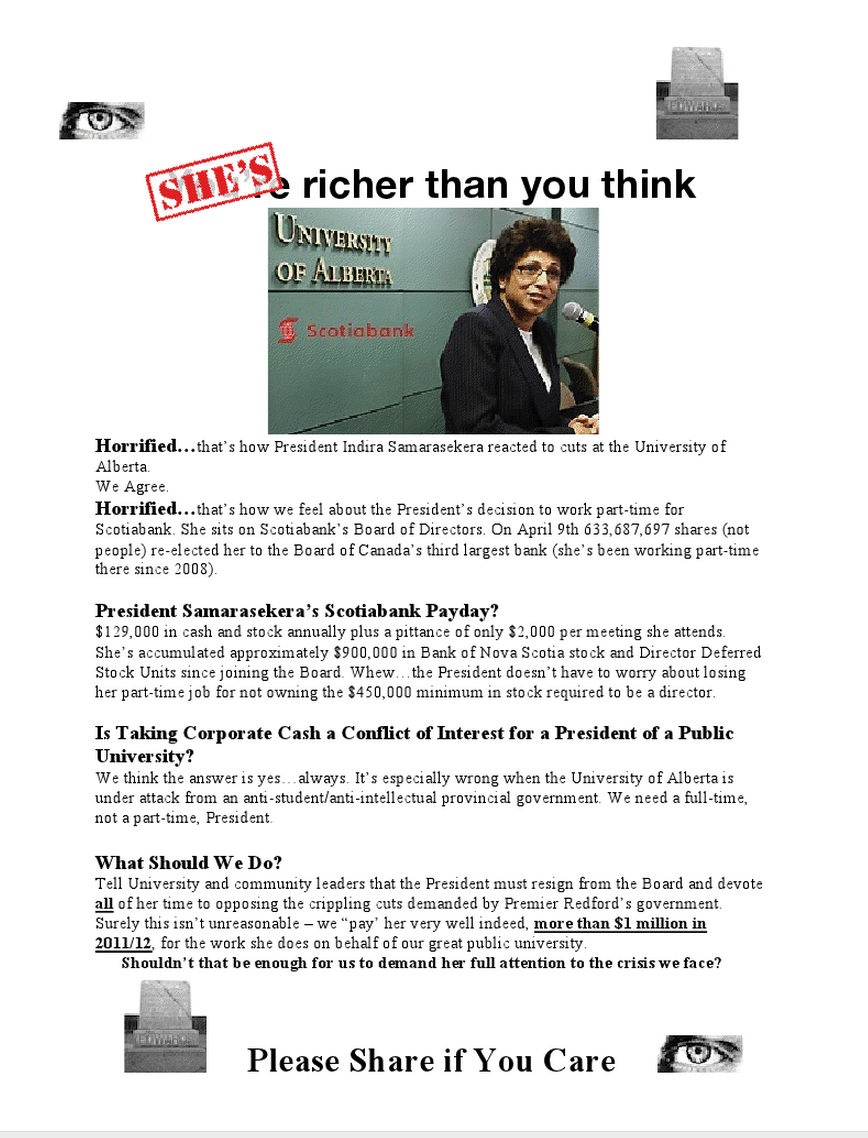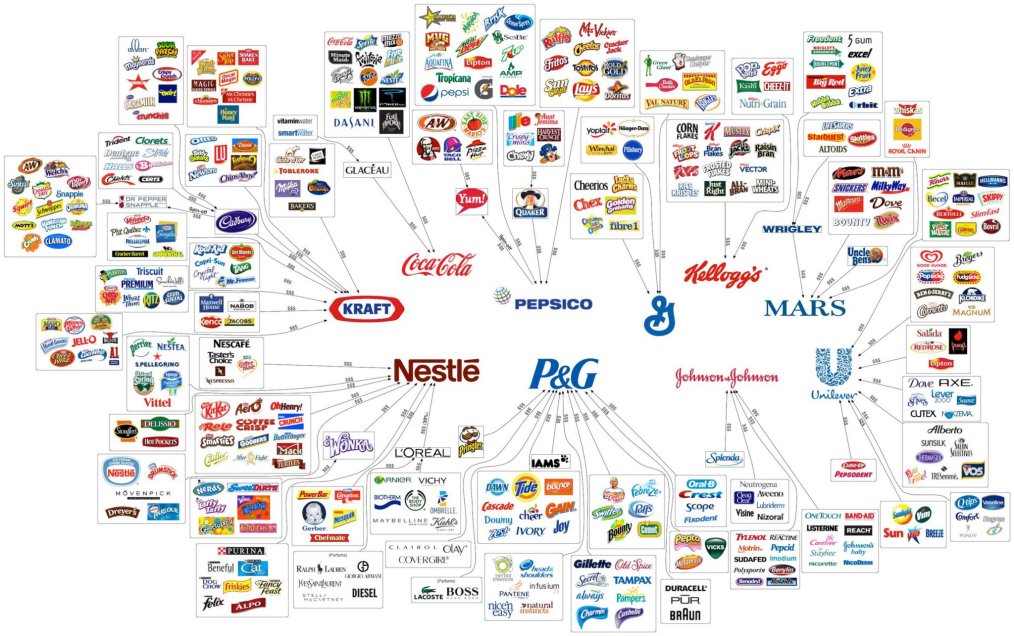The University of Alberta granted an honorary degree to Nestle corp leader Peter Brabeck-Letmathe. Where is the Nestle Boycott when we need it?
https://www.theguardian.com/global/2018/oct/04/ontario-six-nations-nestle-running-water
Why it matters:
Martin-Hill believes that the exorbitant suicide rate among First Nations youth – five to seven times that of other Canadians, according to the federal government – is directly related to the lack of drinkable water. For a Six Nations person, water is sacred and a symbol of life. But the lack also has metaphorical significance, as it becomes representative of the myriad ways that indigenous Canadians are treated as second-class citizens.
Progress on water in Indigenous communities is an international scandal. Even though the government has made it a priority.
With the election of Justin Trudeau, the tide seemed to shift somewhat. The prime minister promised to improve First Nations prosperity and solve the bad water issue on indigenous reserves by March 2021.
While there has been some progress, there aren’t sufficient funds. The Liberal government earmarked $1.8bn over five years to solve the water issue. But the real cost is estimated at $3.2bn, leaving the government more than $1bn short.
For Thomas, the inequality between indigenous people’s access to drinking water and everyone else didn’t start with water, but far earlier, with land displacement and colonialism. For her, it is the latest example of an ongoing cultural genocide. When thinking about how she will survive another day without drinking water, she remembers how her family has survived in the past.
The local story:
“Nestlé pumps springwater from the nearby Erin well, which sits on a tract of land given to the Six Nations under the 1701 Nanfan Treaty and the 1784 Haldimand Tract, said Lonny Bomberry, Six Nations lands and resources director.
The Six Nations – Mohawk, Cayuga, Onondaga, Oneida, Seneca and Tuscarora – sided with the British during the American revolution; as a reward they were given an area of approximately 3,845 sq km around the Grand River. Later, Ontario broke the treaty, reducing it to the current 194 sq km.
The land’s legacy may be 300 years old, but for Six Nations residents, it is alive and present. Many are outraged at Nestlé’s practices, including JD Sault, a self-employed mother of two. Like the Thomases, she lacks drinking water in her home. She paid several thousand dollars for her house to be connected to a nearby well – then found the water too polluted to drink. There is probably sewage contamination from her neighbours’ septic beds, she said. She worries about E coli and other bacteria.
“Nestlé are taking out water for free, so why don’t they dispense it to people?” Sault said. “It’s the indigenous resources they are taking. It’s unreal what [Nestlé] are doing. It’s unreal the way they operate.”
No one disputes the existence or legality of the Haldiman or Nanfan treaties. If anything, their legality is finally being taken seriously, thanks to a shift in the national political climate toward greater recognition of indigenous rights, including several wins in the supreme and lower courts.
But the question of who owns Canadian water is as murky as the water on many First Nations lands. In theory, the provinces have owned the water since 1930, when the federal government delegated ownership with the Natural Resources Transfer Act. According to that act, the provinces have the right to sell their water to whomever they want, including companies like Nestlé.
But water is also supposed to be regulated by the federal government, which is responsible for the natural environment and Canada’s waterways. And, according to the Canadian constitution, the federal government has a “duty to accommodate and consult” First Nations and to make sure other parties do the same when extracting any natural resource, including water, from indigenous land.
This legal ambiguity has allowed Nestlé to move in and extract precious water on expired permits for next to nothing. Nestlé pays the province of Ontario $503.71 (US$390.38) per million litres. But they pay the Six Nations nothing.
In response, the Six Nations are suing the province, in a case before the superior court of Ontario.”
Unlike other water bottle companies, the 19th-century corporate story of Nestle’s water is that spring water has special health benefits:
This is not the first time Nestlé has found itself in such difficulties. In fact, numerous conflicts have surfaced related to their business model, according to Peter Gleick, co-founder and president emeritus of the Pacific Institute, a global water thinktank, and author of Bottled and Sold: The Story Behind Our Obsession with Bottled Water.
Many of Nestlé’s competitors, such as Aquafina and Dasani, don’t use spring water, but filter and treat tap water, Gleick said. But Nestlé was founded in the 19th century on the idea that spring water might have incredible health benefits. Nestlé bottles its brands – including Arrowhead, Poland Spring, Deer Park, Ozarka, Zephyrhills, Acqua Panna, San Pellegrino, Perrier, Vittel and Buxton – from deep aquifers and natural springs, which can take decades or longer to replenish.





